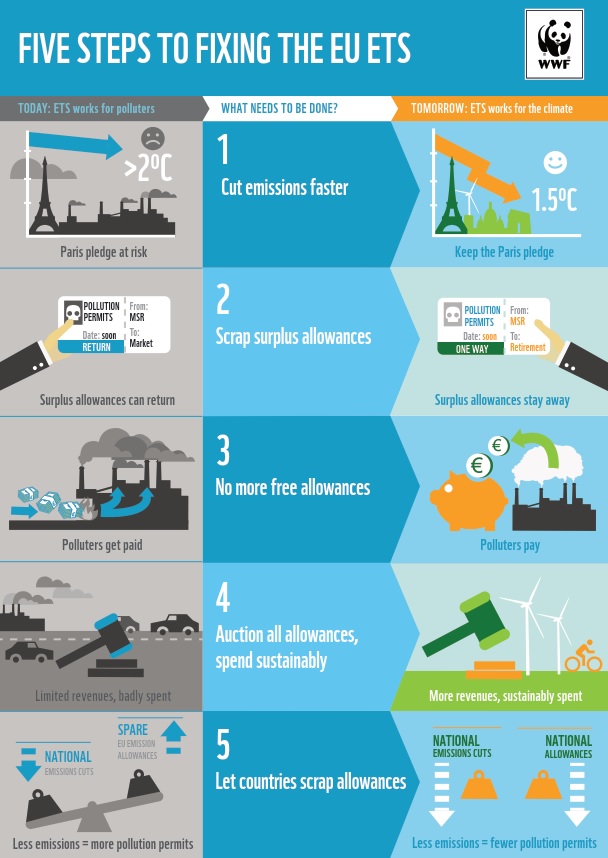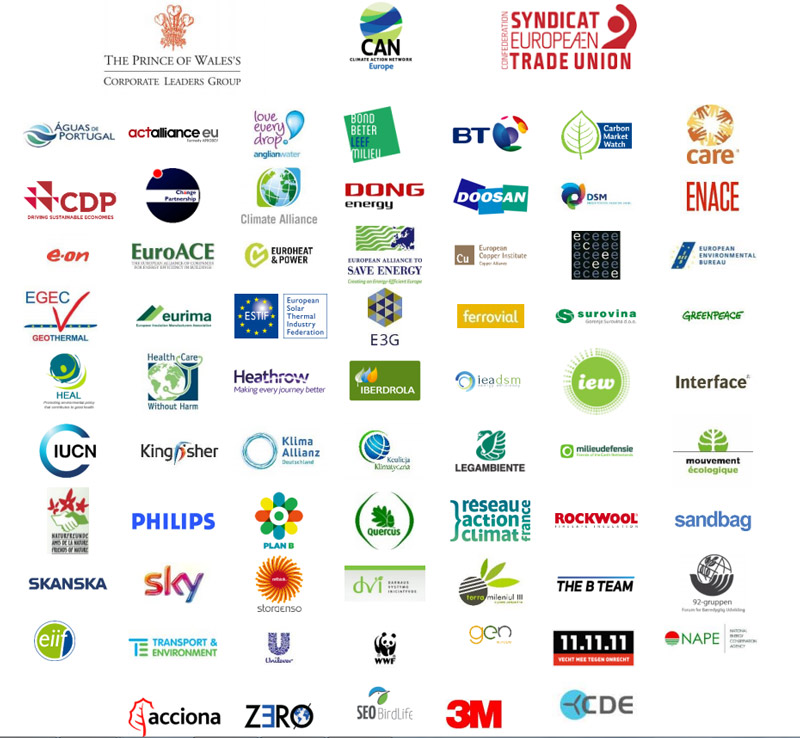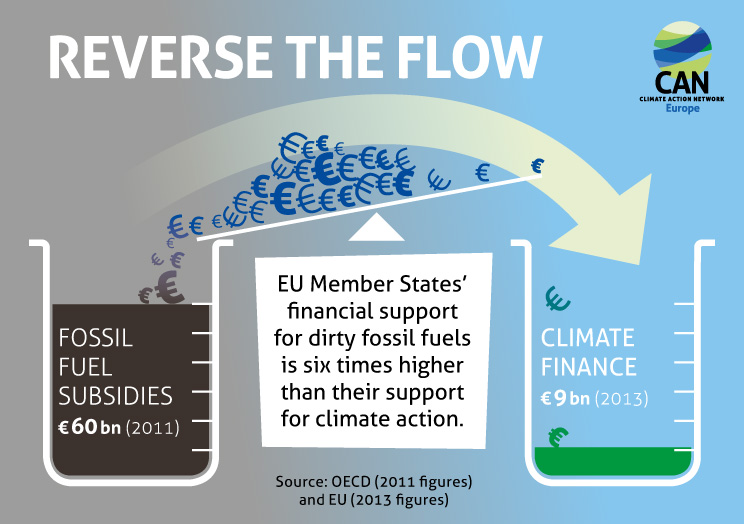The concept of Climate Finance
The origins of the concept of climate finance in the context of the UN climate negotiations and the UNFCCC Agreement to provide it. The concept of climate finance has existed for many years. It was first set out at the first UNFCCC meeting in Rio de Janeiro in 1992, where








